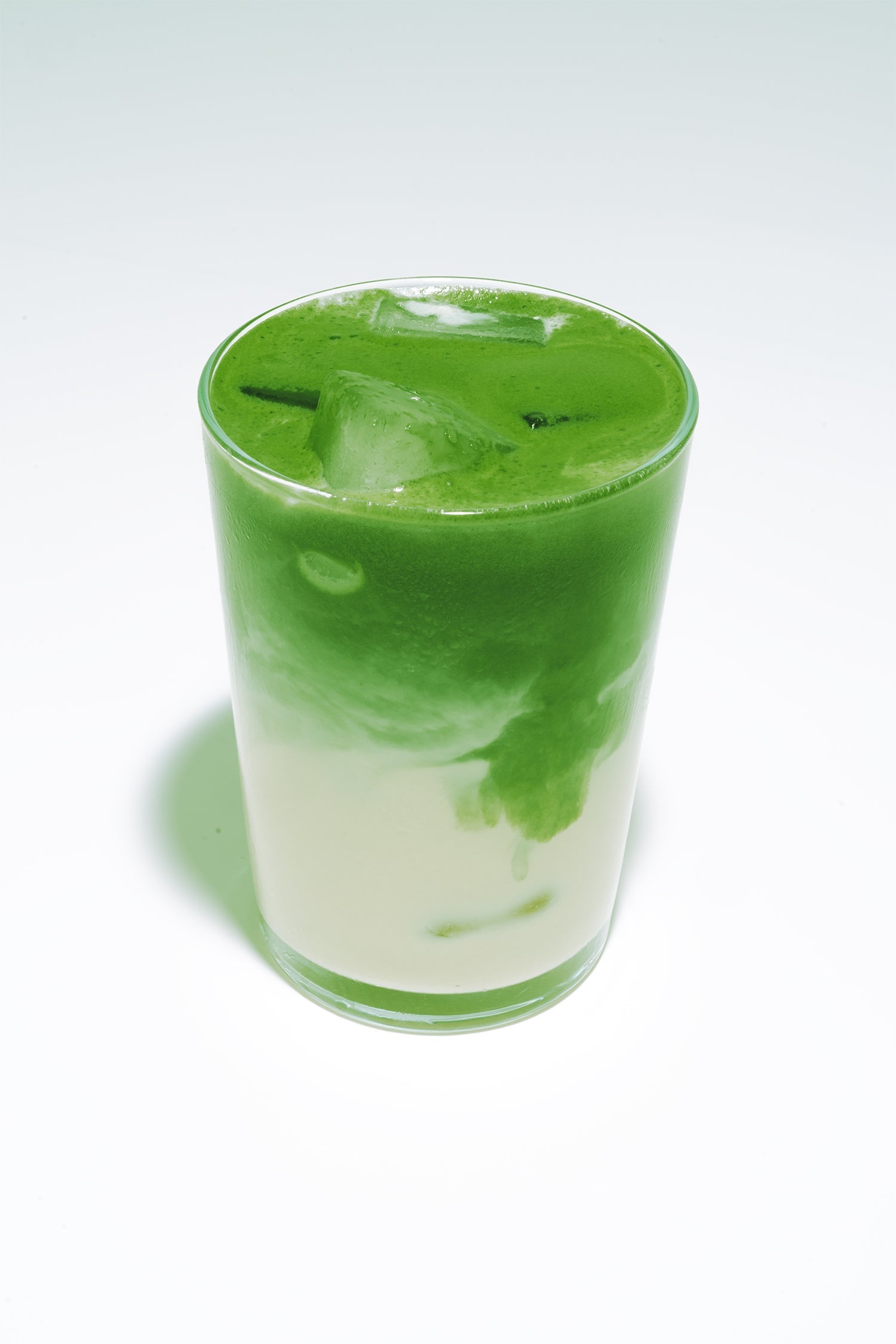
Matcha ingredients
What exactly is matcha made of? Learn in this guide why it's worth taking a closer look at the many ingredients of the green powder!
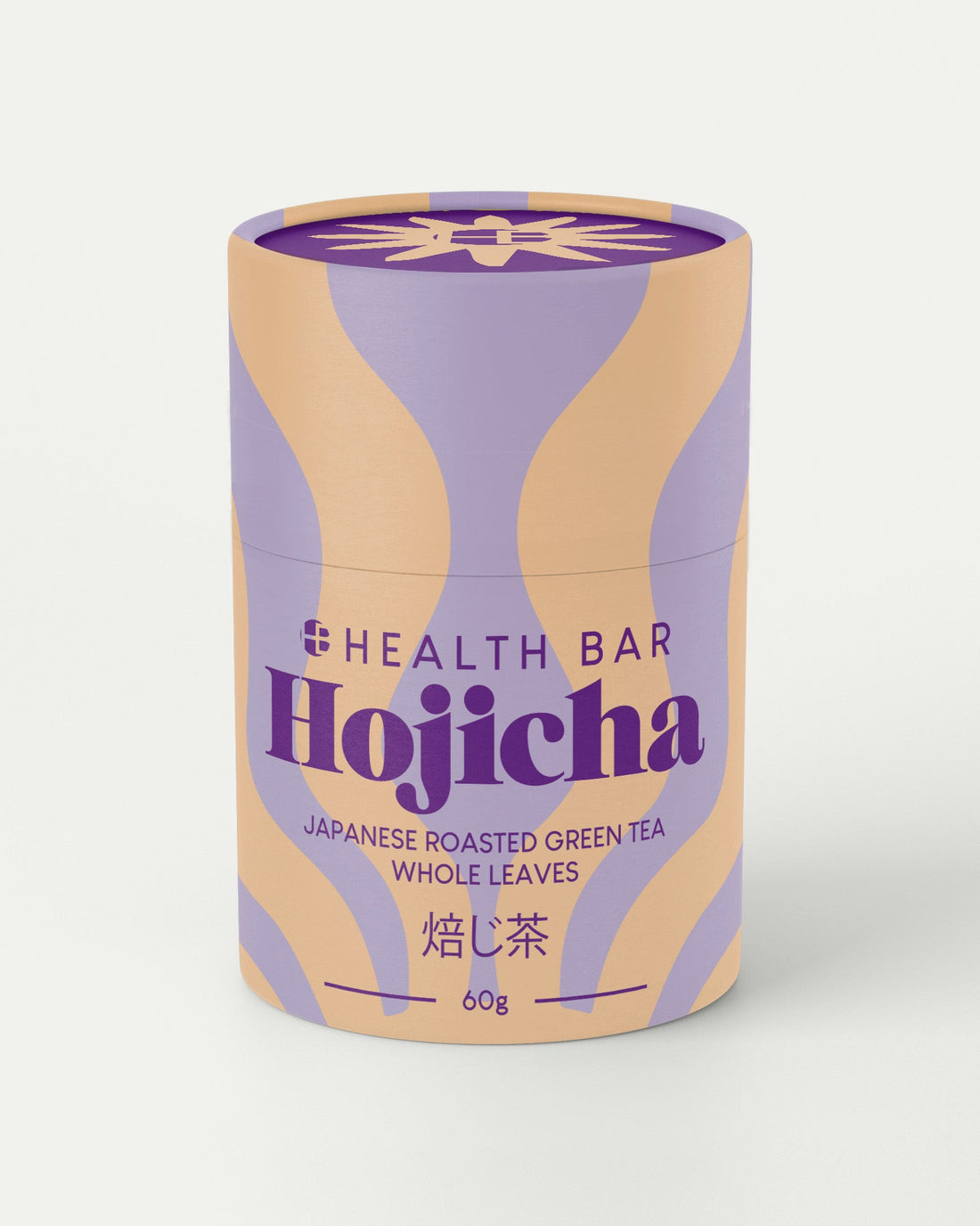
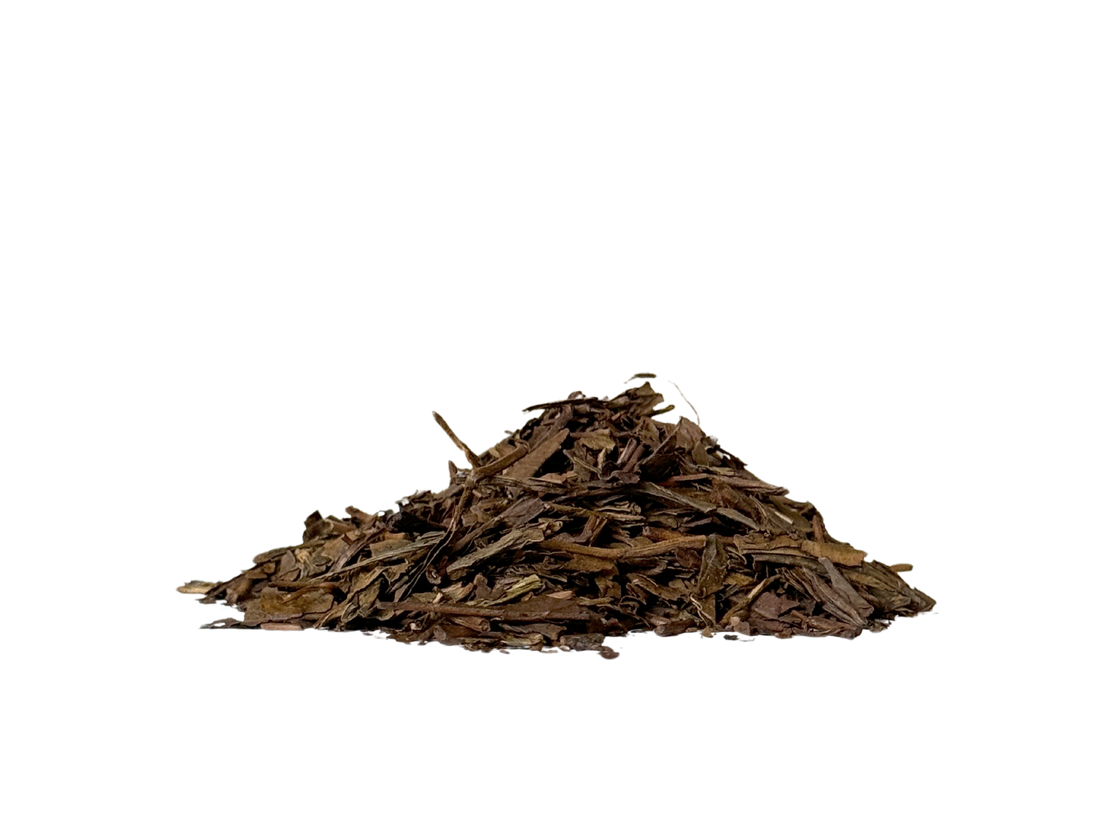




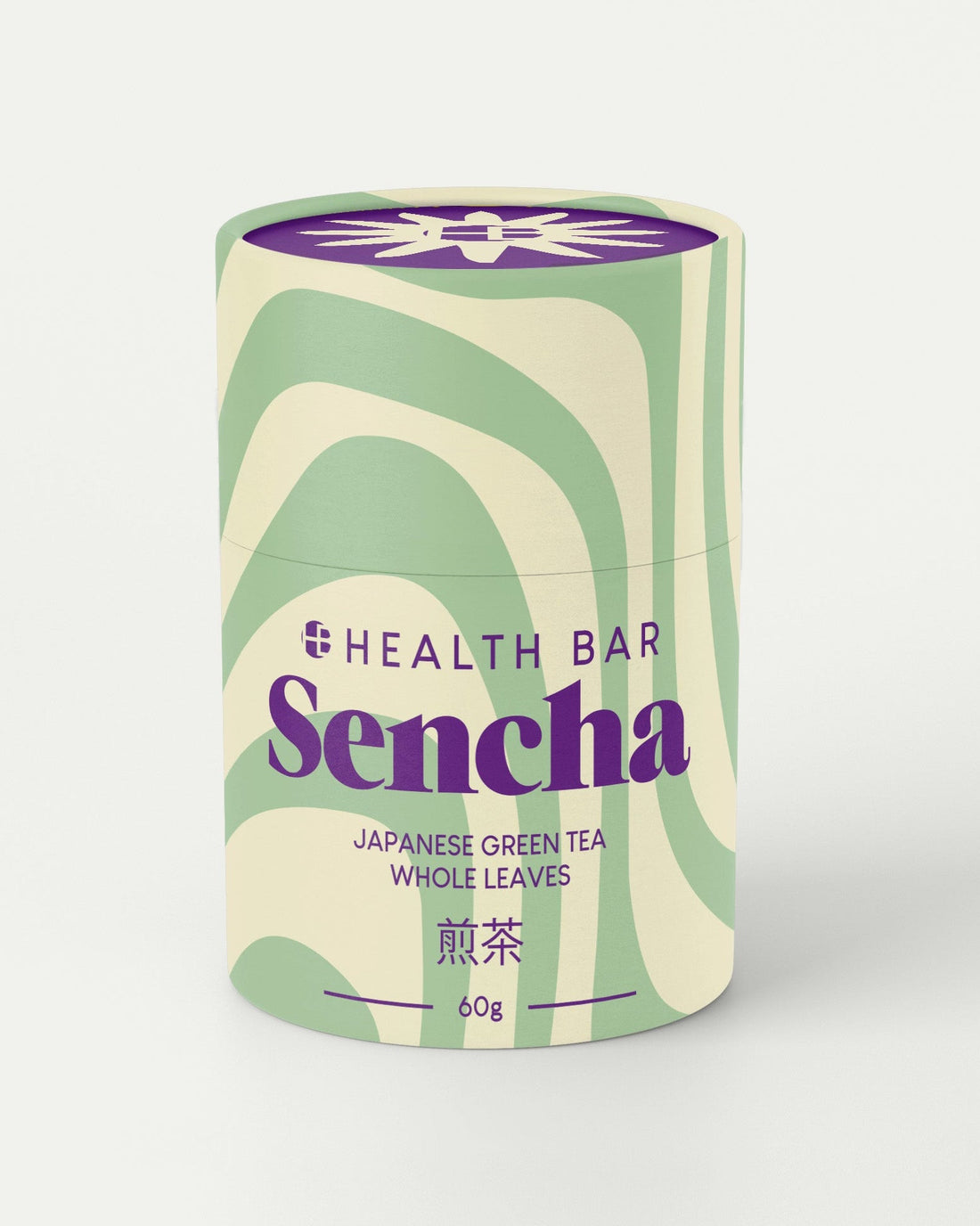
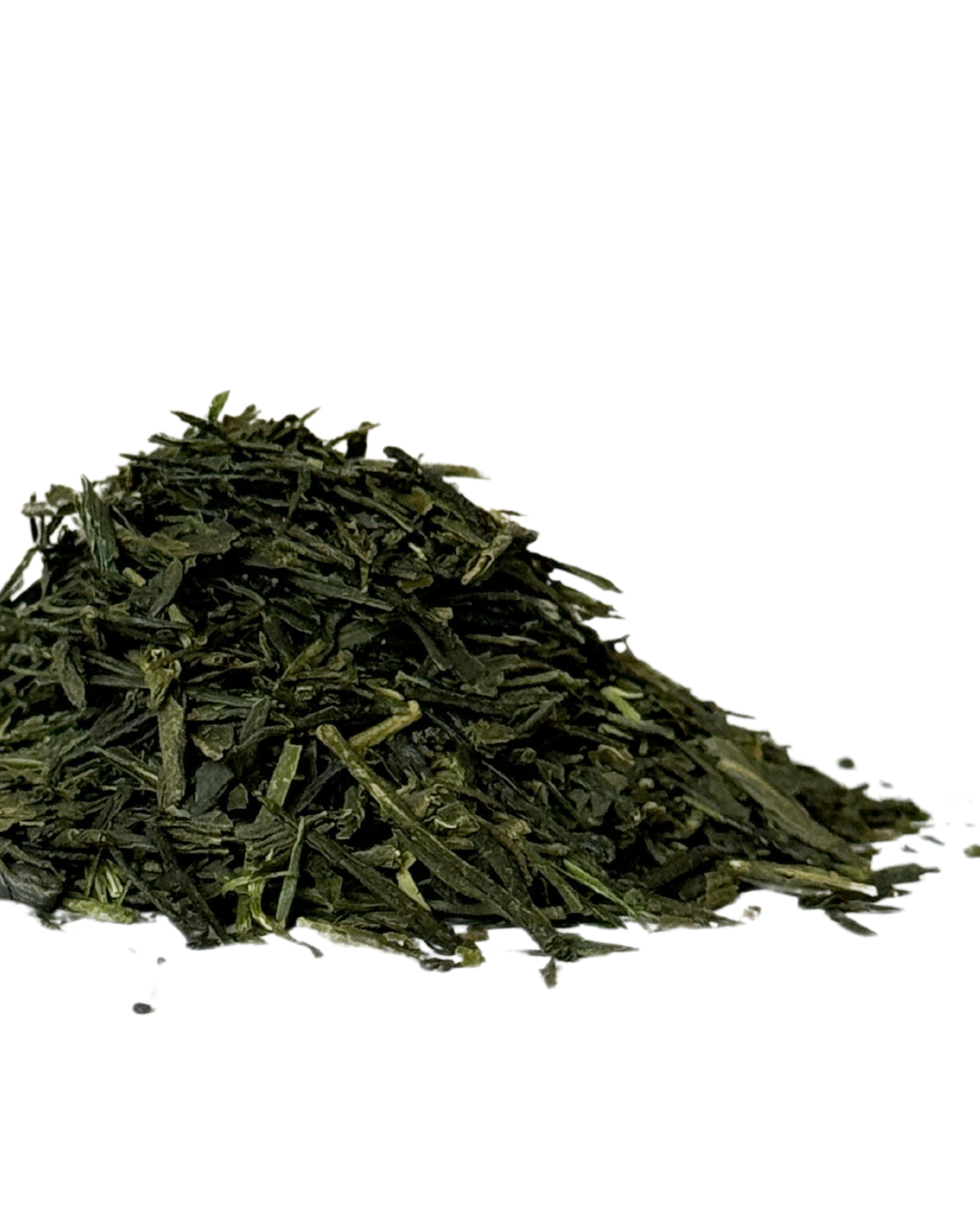


Sencha and Hojicha – Two sides of green tea
Various types of tea such as Sencha, Hojicha and Matcha play a significant role in Japanese tea culture. Each has its own place and its own preparation method, perfected over centuries. In Japan, tea symbolizes not only hospitality, but also harmony with nature and the changing seasons. The art of drinking tea requires patience and attention – from heating the water to the right temperature to careful preparation and conscious enjoyment.
Whether in everyday life or on celebratory occasions, tea has profound cultural and social significance in Japan. It is not just a beverage, but an expression of a lifestyle that values simplicity and tranquility.
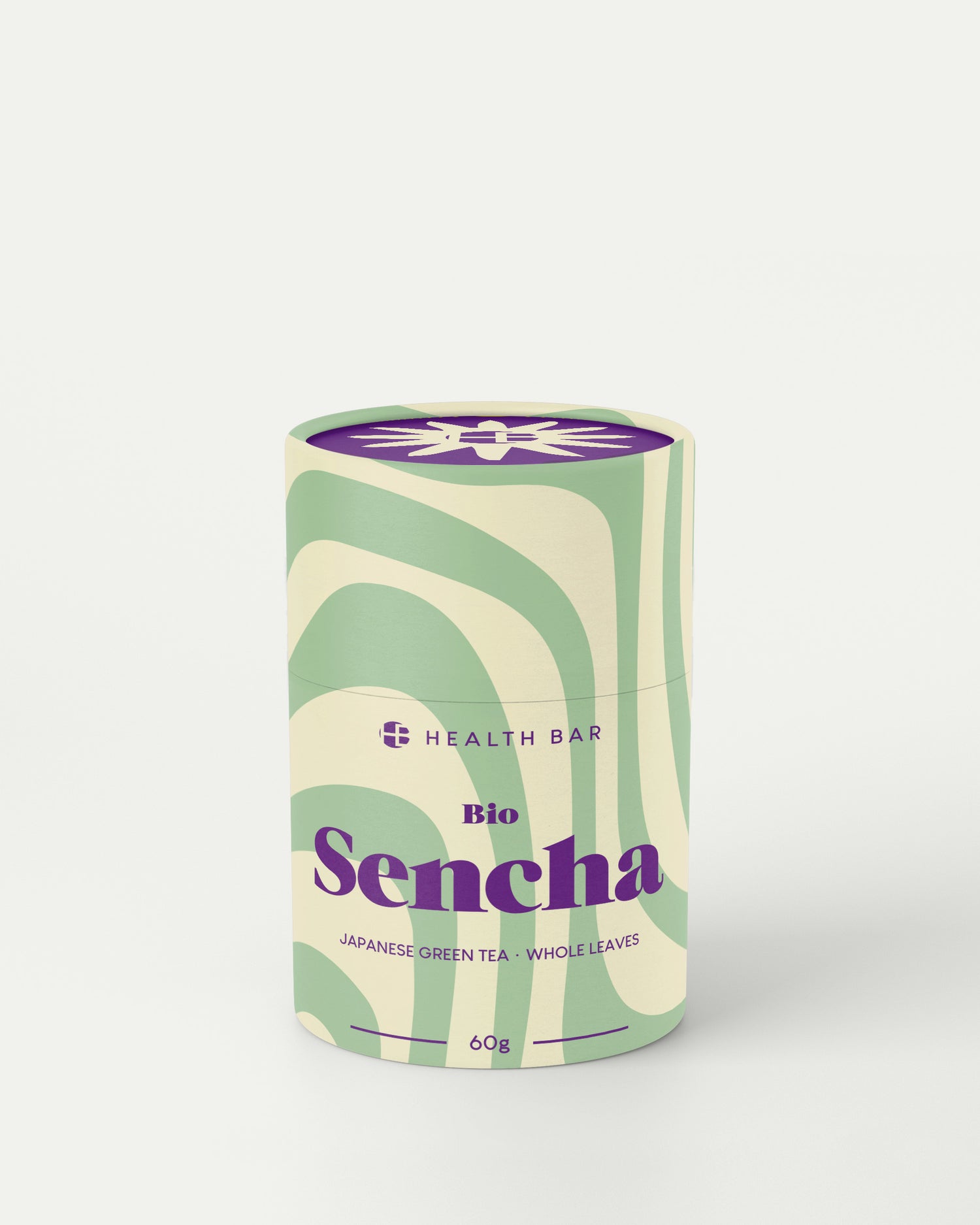
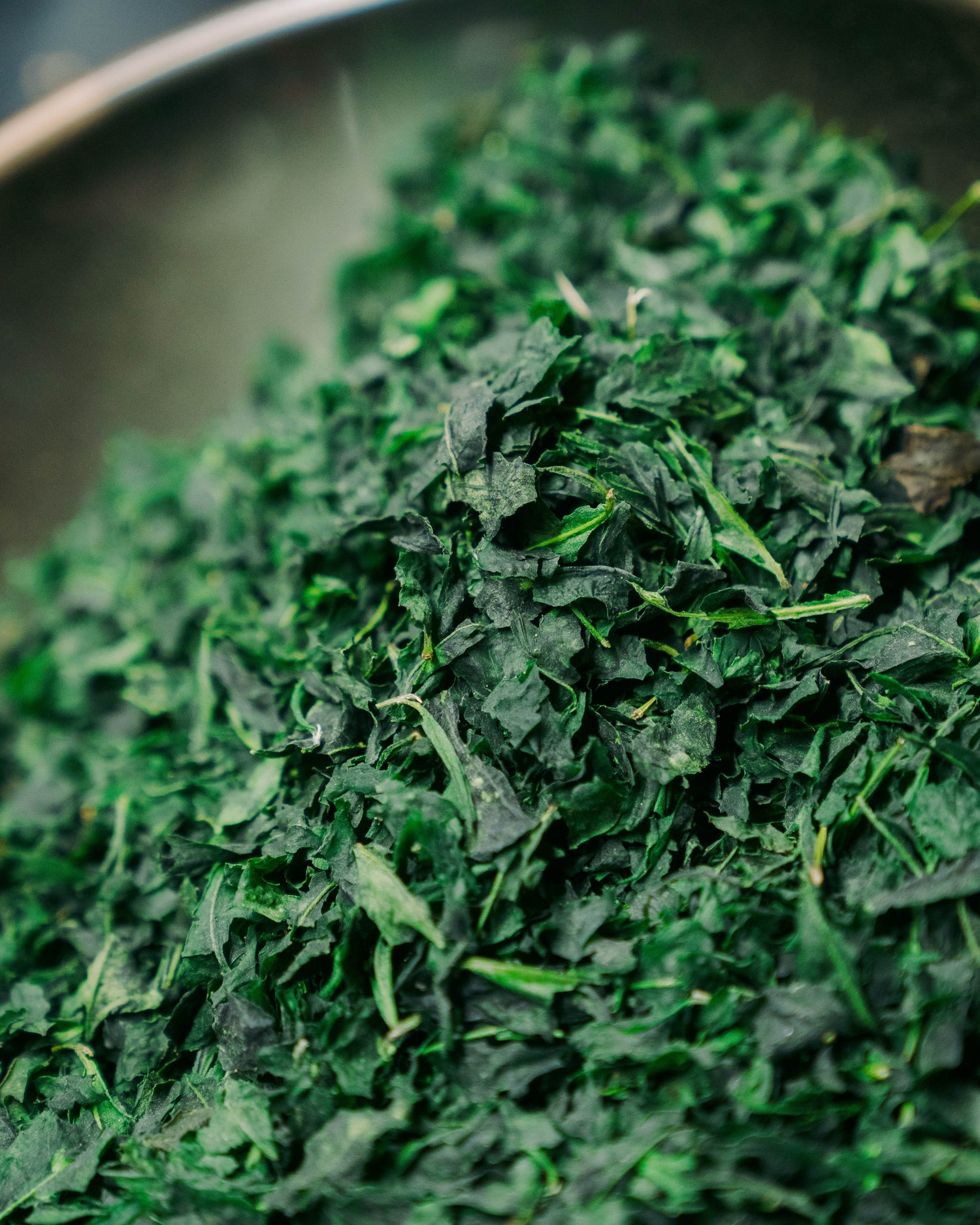
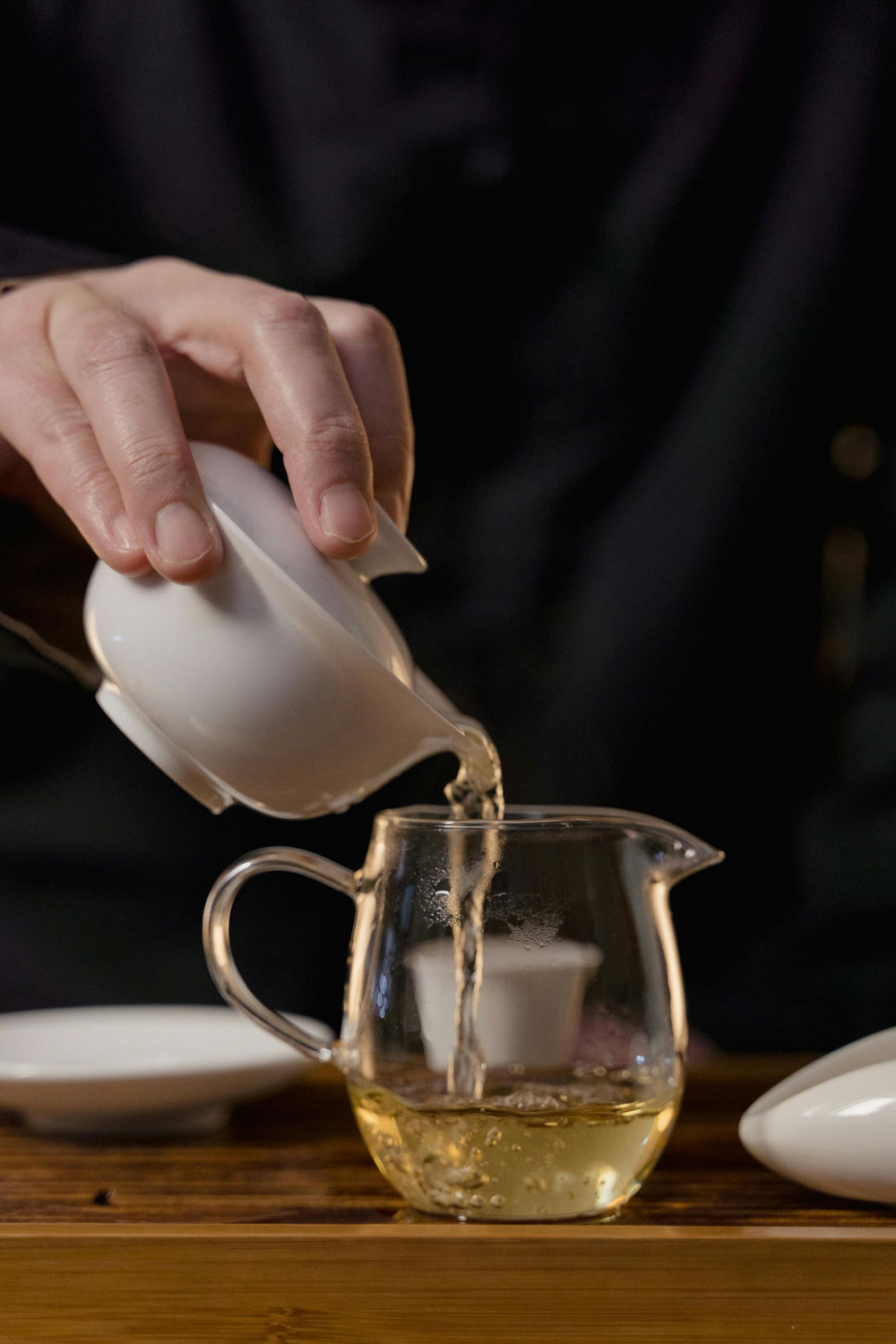
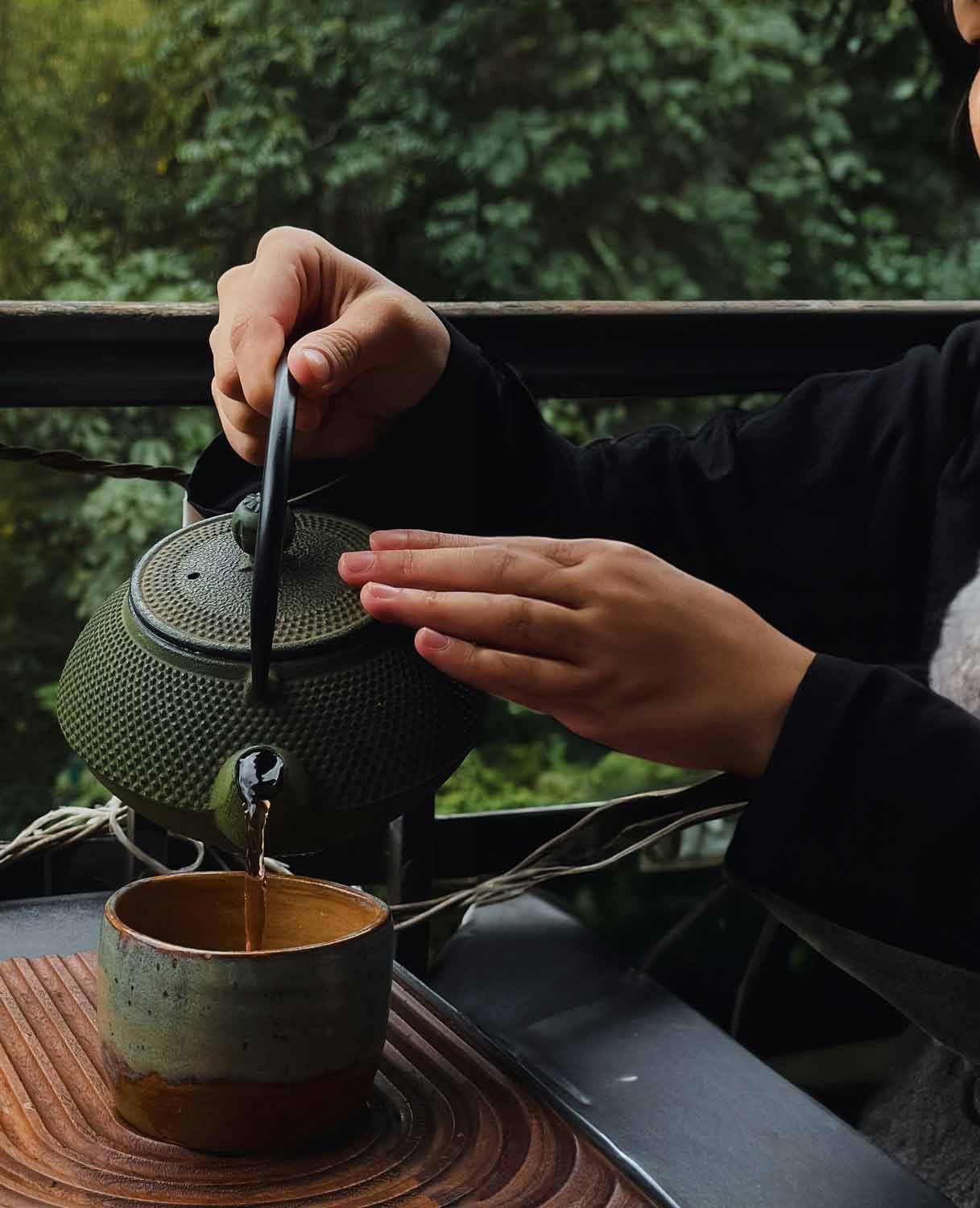
Sencha is one of the most popular green teas in Japan and is produced by steaming freshly harvested tea leaves. This process preserves the tea leaves' natural flavors and valuable nutrients. Exposure to direct sunlight gives Sencha its characteristic, slightly bitter flavor, rounded off by a pleasant sweetness. Here you will find only organically grown Sencha of the highest quality.
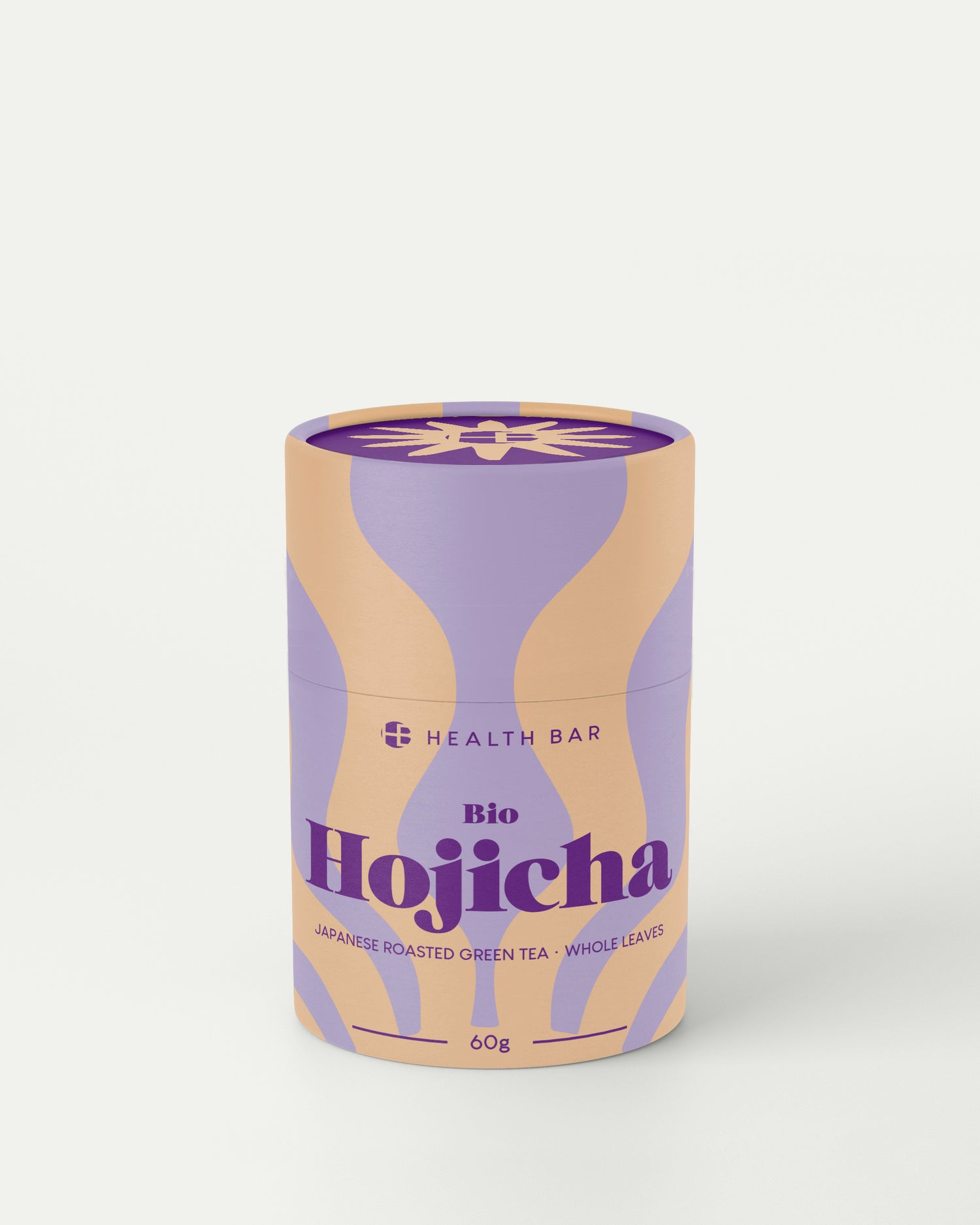
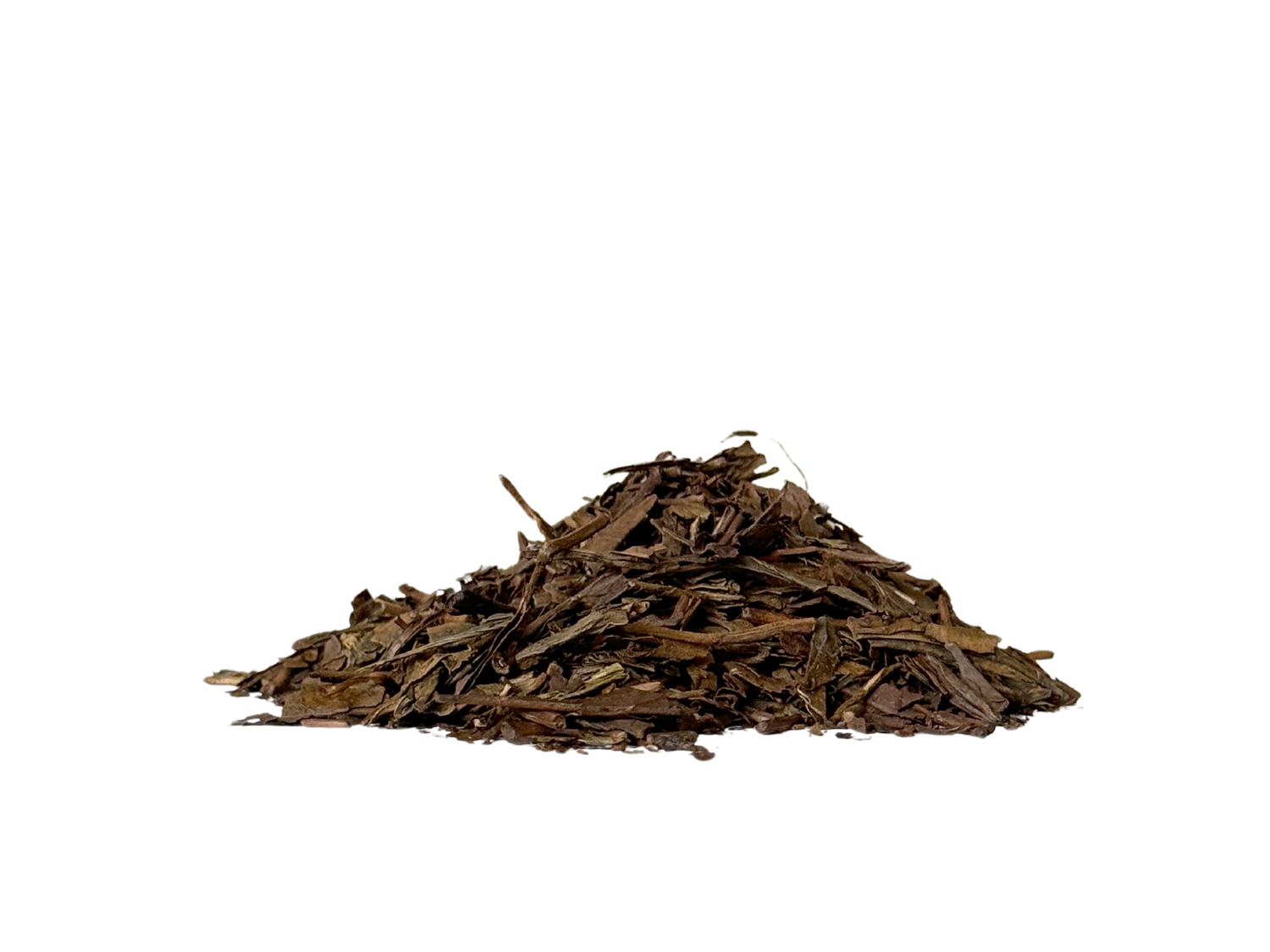
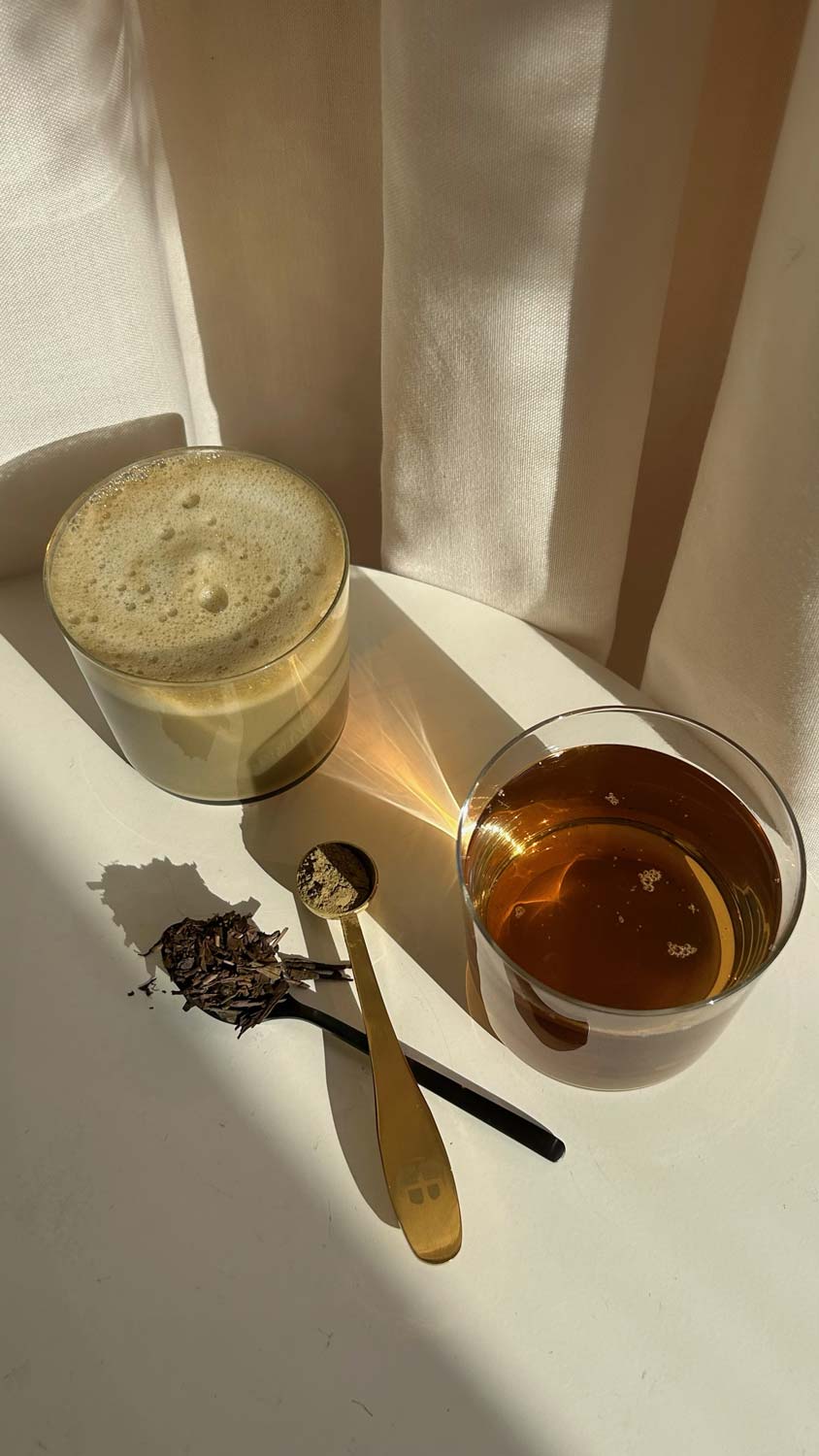
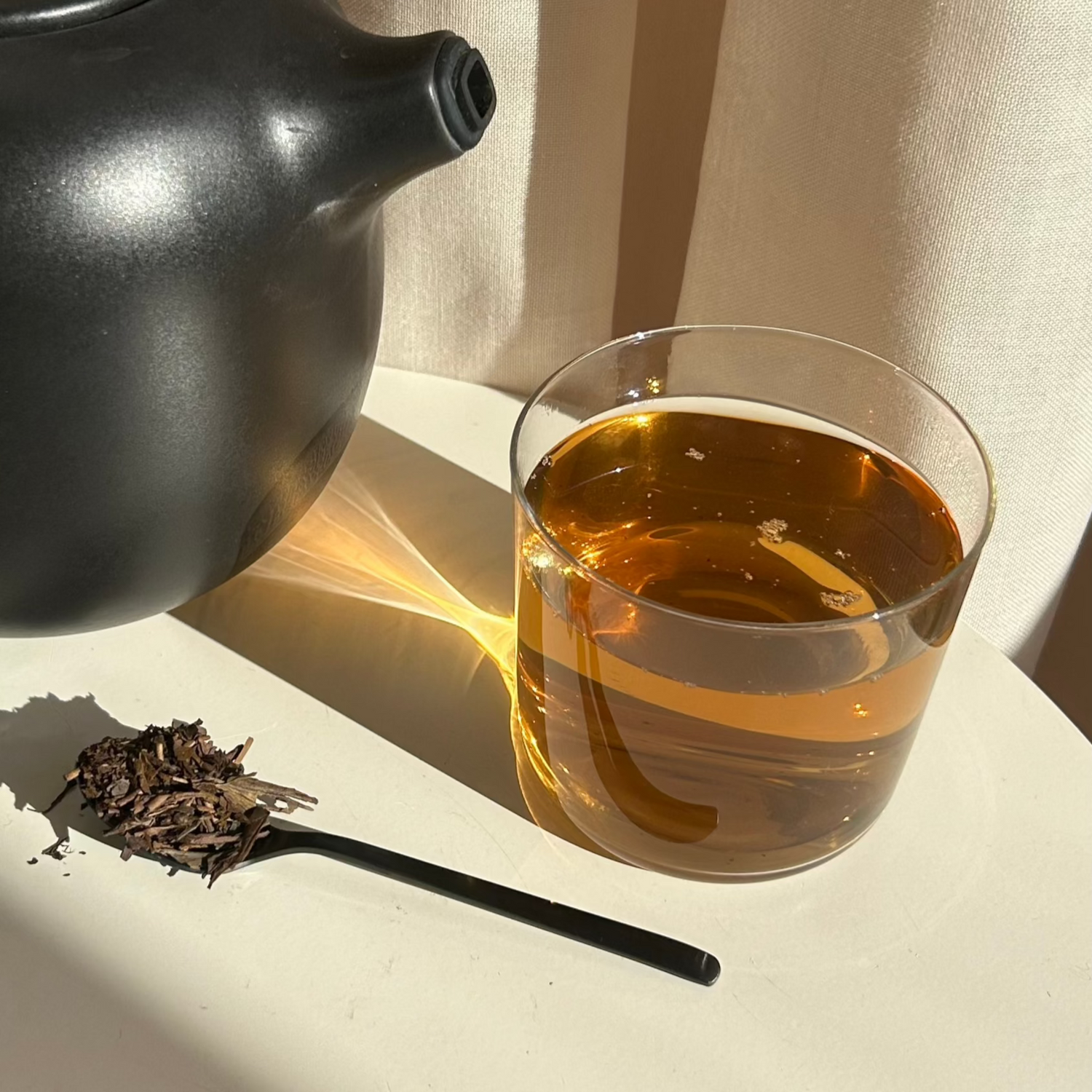
Hojicha is created by roasting green tea leaves at high temperatures, which gives it its characteristic nutty flavor. The roasting effect makes this tea particularly mild and digestible. Unlike other green teas, Hojicha contains less caffeine, making it an ideal tea for the evening or for those looking for a milder alternative.
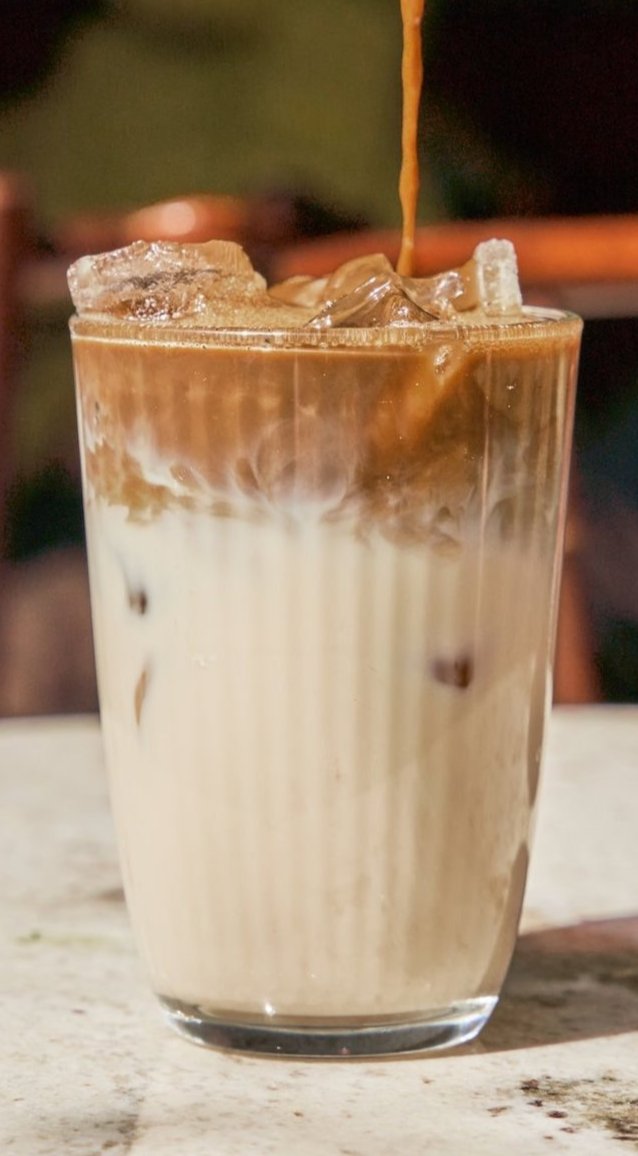
Similar to Matcha, but completely different
In addition to the classic leaf tea, we also offer Hojicha in ground form – similar to Matcha, but with one crucial difference: The fine Hojicha powder It is made from roasted tea leaves, which gives it its unique, slightly smoky and nutty flavor. Like matcha, you can dissolve hojicha powder directly in water and enjoy the whole tea leaf. However, due to the roasting process, hojicha contains less caffeine, making it a milder and more soothing alternative to matcha—ideal for relaxing afternoon or evening moments.
DELICIOUS FOR ONE, GOOD FOR YOU FOR THE OTHER.
As opposed to Matcha, which is stirred directly into the water in powder form, classic teas such as Sencha and Hojicha These are leaf teas in which the leaves are steeped in hot water. With this preparation, only certain components of the tea leaves dissolve in the water, while the leaves are removed after infusion. This creates a light, fresh aroma and, depending on the tea, also offers different taste experiences: Sencha offers a delicate, grassy flavor, while Hojicha develops a pleasantly nutty and slightly smoky aroma due to the roasting process.
Organically certified cultivation
Our Sencha and Hojicha teas are organically grown and hand-harvested. Every cup is an experience of pure nature.
Learn moreTraditional manufacturing
The tea leaves are processed with the utmost care and according to centuries-old methods to preserve the full aroma and valuable nutrients.
learn moreSustainability and quality
Just as with our Matcha products, we also pay attention to environmentally friendly packaging and the use of sustainable cultivation methods for Sencha and Hojicha.
Learn more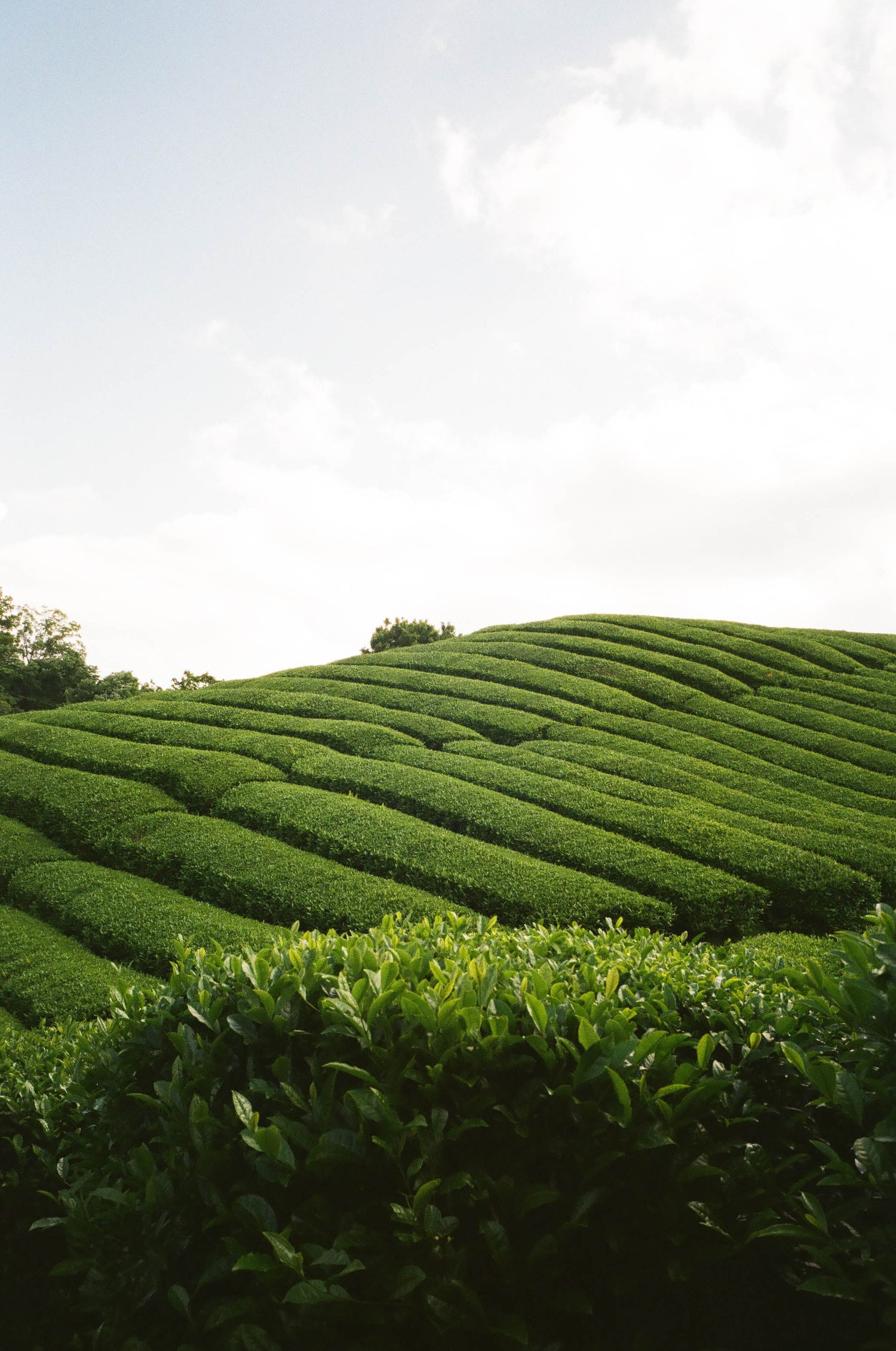
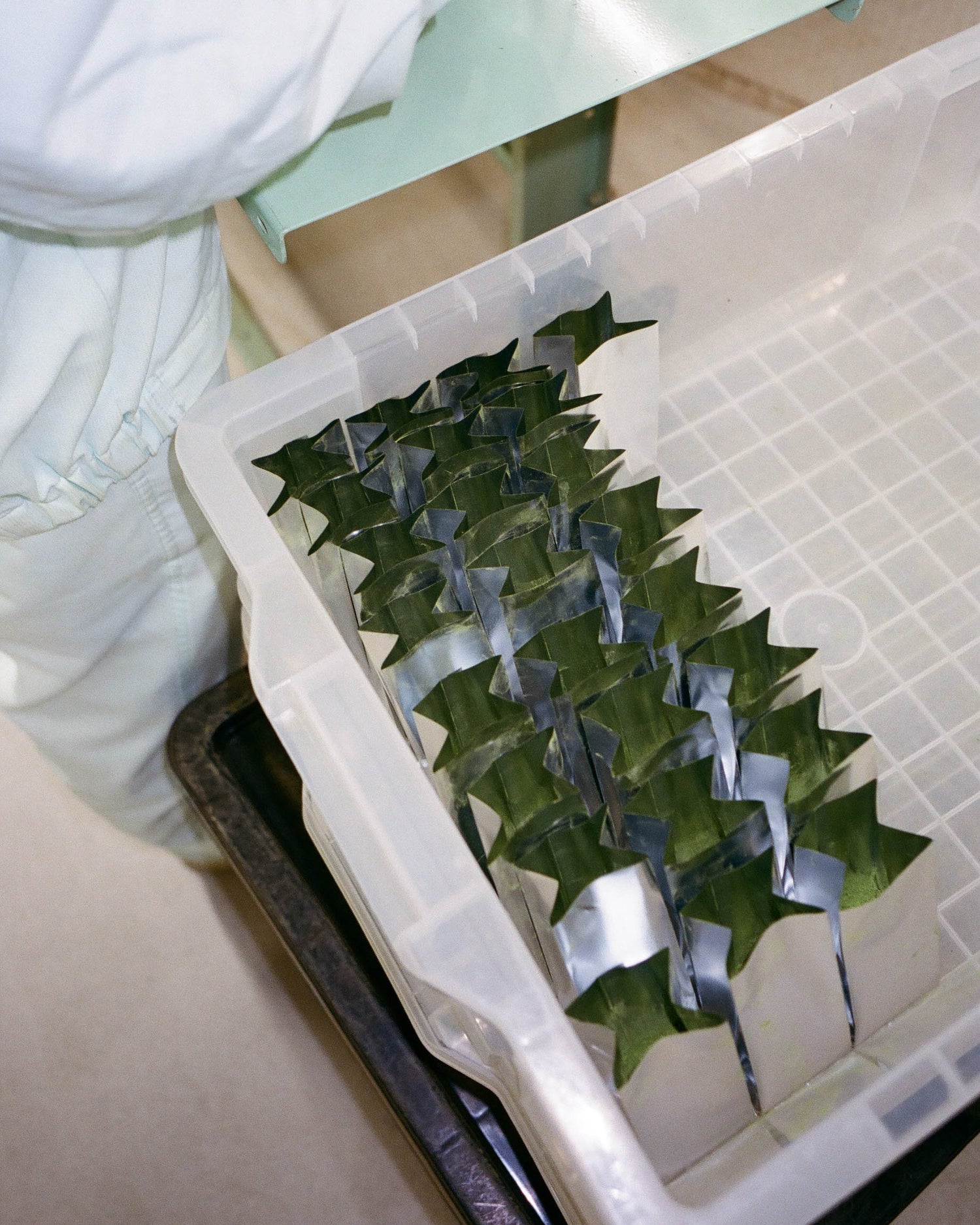
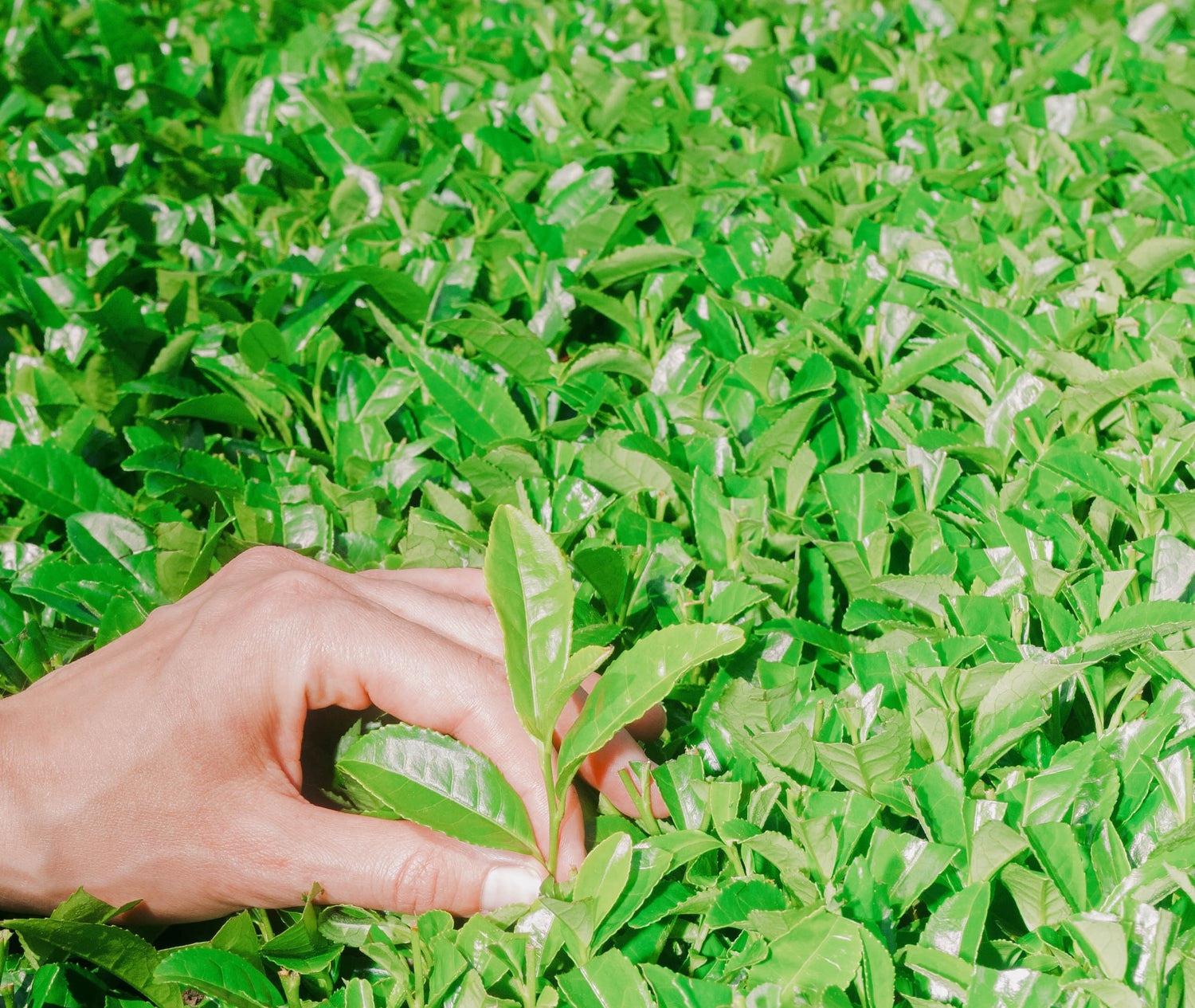
Sencha is unroasted and offers a fresh, grassy, slightly sweet aroma. Hojicha, on the other hand, is roasted, which gives it a deeper, nutty flavor and reduces the caffeine content.
Yes, both teas contain caffeine, but in different amounts. Sencha has a moderate caffeine content, making it an ideal daytime tea. Hojicha, on the other hand, contains significantly less caffeine due to the roasting process, making it perfect for the evening.
For Sencha, a brewing time of about 1-2 minutes at a water temperature of approximately 70-80°C is recommended. Hojicha, on the other hand, can be prepared at slightly higher temperatures (up to 90°C), and the brewing time is 1-3 minutes, depending on how intense you want the flavor.
Yes! Both teas are excellent as iced tea. For a refreshing cold infusion, simply add the tea leaves to cold water and let it steep in the refrigerator for several hours.
Yes, all our teas are organically grown and sustainably produced. We value the highest quality and guarantee that no pesticides or synthetic fertilizers are used.
Sencha is traditionally drunk neat, and its fresh, grassy notes harmonize best without milk. Hojicha However, especially in ground form, there are exciting possibilities! Our ground Hojicha is perfect for making a creamy Hojicha Iced Latte To make it, simply mix cold or warm milk—including plant-based alternatives like oat or almond milk—with the ground hojicha and sweeten to taste. Due to its roasting, hojicha has a mild, nutty flavor that pairs perfectly with milk, whether in a latte or a warm hojicha milk drink.

What exactly is matcha made of? Learn in this guide why it's worth taking a closer look at the many ingredients of the green powder!
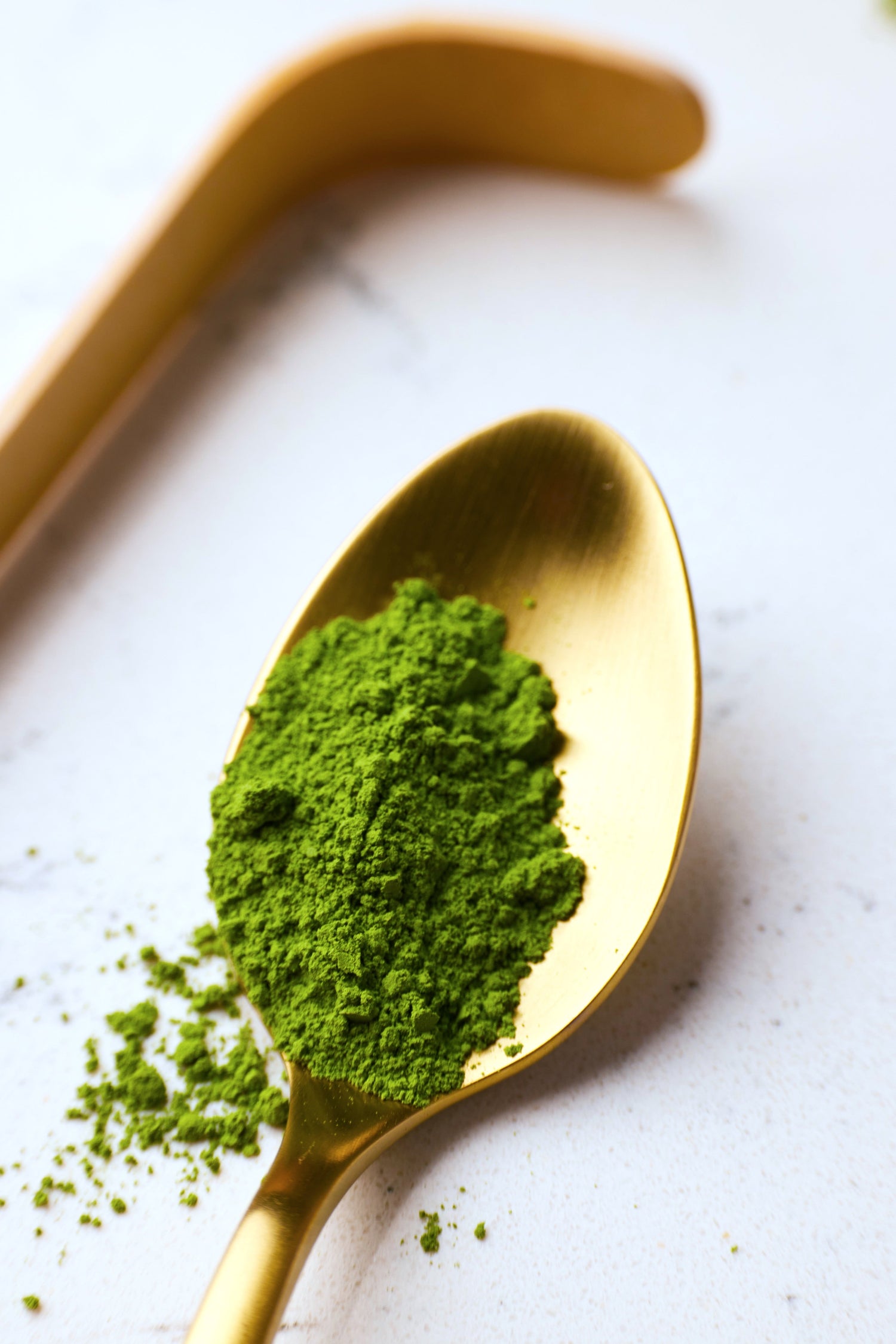
Best Matcha: How to Find the Real Enjoyment Matcha is much more than just a green trend – it is enjoyment, ritual, and a special moment in everyday life. However,...
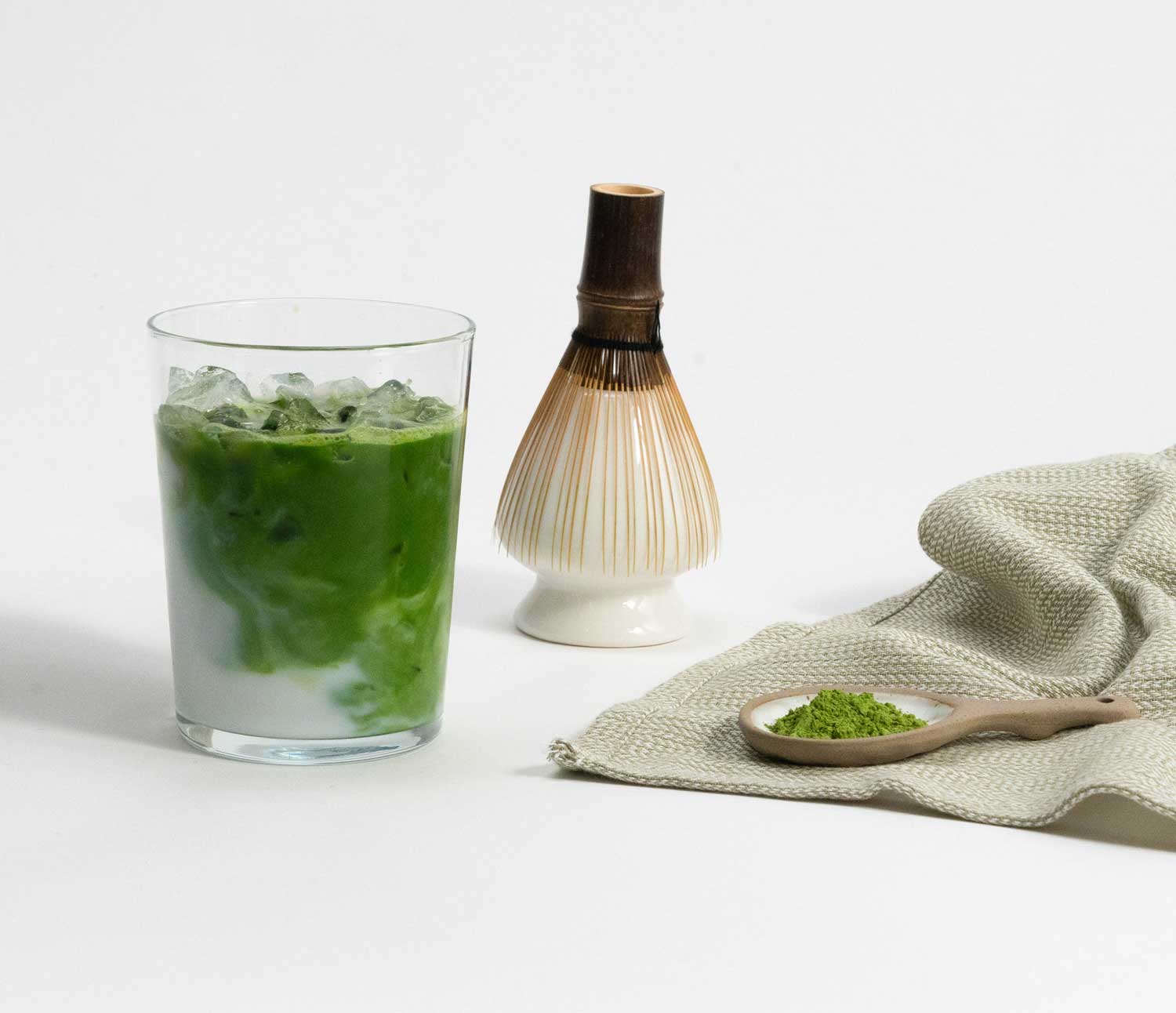
Our Matcha Beginner's Guide provides you with all the essentials and practical tips for the perfect start into the world of high-quality organic Matcha. Learn which products are truly important...